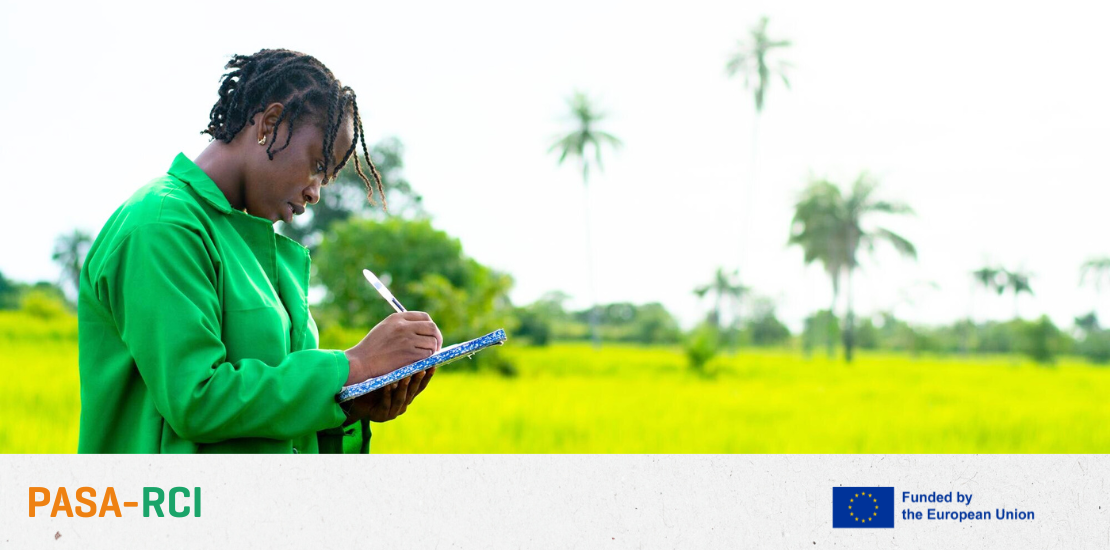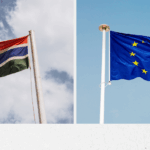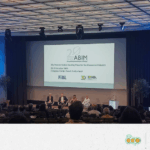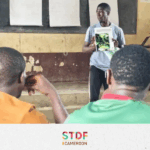- 08/04/2025
- Posted by: Sandra Borma
- Category: News

The Food Safety Support Programme for the Republic of Côte d’Ivoire (PASA-Côte d’Ivoire) is funded by the European Union under the Support Programme for Sustainable Forestry and Agri-Food Systems (PASSAD). It is part of the Multi-Annual Indicative Programme (MIP) 2021-2027 for Côte d’Ivoire and also supports the objectives of the second phase of the National Agricultural Investment Programme (PNIA 2). The European Union Delegation (EUD) in Côte d’Ivoire has entrusted COLEAD with the implementation of this programme. PASA Côte d’Ivoire has now officially started to engage key national stakeholders and to prepare the first communications to potential partner beneficiaries.
A programme at the heart of national priorities
The overall objective of PASA-Côte d’Ivoire is to strengthen the contribution of the agri-food sector to the country’s economic growth, food security and sustainable development. The programme focuses on improving the competitiveness, resilience, inclusiveness and sustainability of agri-food value chains. It aims to build the capacity of private sector actors – especially along two priority value chains – to manage and control the sanitary and phytosanitary (SPS) quality of food, while helping them to adapt to evolving regulatory, commercial, social and environmental requirements. Three key outputs are expected : 1/An accessible system for acquiring SPS knowledge and skills for actors along the value chains. 2/ A concrete pilot implementation of the approach in two selected value chains. 3/A tangible improvement in the SPS quality and image of Ivorian agri-food products, supported by effective public-private dialogue.
PASA-Côte d’Ivoire partner beneficiaries
PASA-Côte d’Ivoire targets a wide range of potential partner beneficiaries:
- Private sector actors in the agri-food sector, such as MSMEs, agricultural cooperatives, livestock farmers, fishermen and smallholders.
- Service providers, including training centres, consultants, certification and standardisation bodies, multi-stakeholder platforms and Ivorian research institutions.
- Public institutions, starting with the competent authorities: DPVCQ, MINADER, DSV, MIRAH, the Food Safety Agency and LANADA.
In addition, regional economic communities (ECOWAS, UEMOA), consumers and economic operators in Côte d’Ivoire and beyond are considered indirect beneficiaries of this transformative programme.
A first highlight at SARA 2025
SARA 2025, The Salon international de l’Agriculture et des Ressources Animales (SARA) in Abidjan, starting on 23 May 2025, will be a key opportunity to present PASA-Côte d’Ivoire to stakeholders. The programme will be presented at the stand of the European Union delegation and the COLEAD team will be present on 26 and 27 May to meet key stakeholders and prepare the next steps.
Initial structuring measures
COLEAD, the European Union Delegation and the Côte d’Ivoire-EU Strategic Partnership Coordination Unit have already taken concrete steps to launch the programme:
- Continued engagement between PASA-Côte d’Ivoire and the Ministries of Agriculture and Animal Resources, including the formalisation of cooperation through memoranda of understanding, the creation of steering and technical committees, and the designation of focal points.
- Finalise and submit COLEAD’s methodology for selecting priority value chains, pending validation.
- Planning of participatory launch workshops scheduled for June.
- Developing a communication plan for PASA.
Join us at SARA in May to learn more about PASA Côte d’Ivoire and meet the project team!
For further information, please contact: victor.boro@colead.link
This activity is implemented by COLEAD and supported by the Food Safety Support Programme for the Republic of Côte d’Ivoire (PASA-Côte d’Ivoire), funded by the European Union through the EU Delegation in Côte d’Ivoire. This communication has been produced with the financial support of the EU. Its contents are the sole responsibility of COLEAD and can in no way be taken to reflect the views of the EU.





